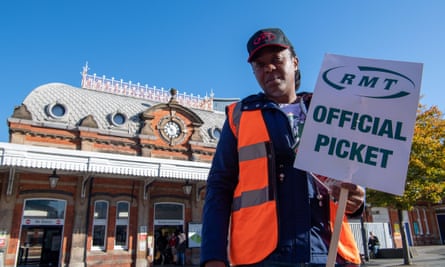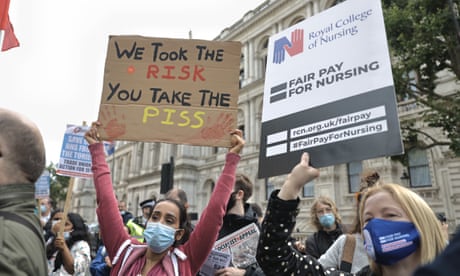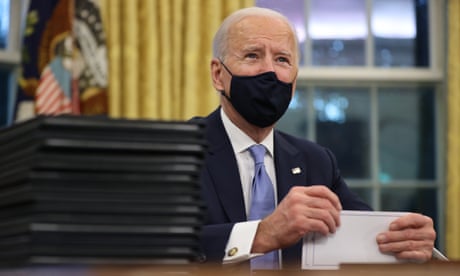Let's explore the main influences on demand and supply in labor markets, determinants of the elasticity of the demand and supply of labor, and the causes and implications of wage differentials:
Influences on Demand and Supply in Labor Markets:
- Economic Conditions: The overall state of the economy, such as economic growth, business cycles, and industry-specific conditions, can significantly influence labor demand and supply. During periods of economic expansion, businesses tend to experience increased demand for labor as they expand production and invest in new projects. Conversely, during economic downturns or recessions, businesses may reduce their workforce, leading to a decrease in labor demand.
- Technological Advancements: Technological advancements can impact labor demand by replacing certain job functions with automation or increasing the productivity of workers. For example, the adoption of robotics in manufacturing may reduce the demand for manual labor, while the growth of artificial intelligence may create new job opportunities in fields like data analysis and programming.
- Government Policies and Regulations: Government policies, such as labor laws, minimum wage regulations, taxation, and immigration policies, can influence labor demand and supply. For instance, an increase in the minimum wage may raise labor costs for businesses, potentially reducing their demand for labor. Immigration policies can affect the supply of labor by either restricting or facilitating the entry of foreign workers into the labor market.
- Demographic Factors: Demographic factors, including population growth, aging populations, and changes in workforce participation rates, can impact labor supply. For example, a shrinking working-age population due to low birth rates and an aging population can lead to labor shortages and increased competition for workers.
Determinants of the Elasticity of the Demand and Supply of Labor:
- Substitutability: The extent to which labor can be substituted with other inputs, such as capital or technology, influences the elasticity of labor demand. If labor can be easily replaced or substituted, the demand for labor becomes more elastic. For example, in industries where automation technologies can readily replace human labor, the demand for labor tends to be more elastic.
- Time Horizon: The time horizon considered influences the elasticity of labor supply. In the short run, labor supply may be relatively inelastic as it takes time for workers to acquire new skills or for firms to adjust their workforce. In the long run, labor supply becomes more elastic as workers can change occupations, undergo training, or enter or exit the labor market.
- Occupational-Specific Skills: The specificity of skills required for a particular occupation affects the elasticity of labor supply. Occupations that require highly specialized skills may have less elastic supply as workers cannot easily transition to other occupations without significant retraining. Conversely, occupations with more transferable skills and less specific requirements tend to have more elastic supply.
Causes and Implications of Wage Differentials:
- Education and Skills: Wage differentials can arise due to differences in education, qualifications, and skills. Workers with higher levels of education or specialized skills tend to command higher wages due to the scarcity and demand for their expertise. For example, a doctor with extensive medical training and qualifications typically earns a higher wage than an entry-level retail worker.
- Occupational Factors: Different occupations have varying wage structures based on factors such as job complexity, physical demands, and required qualifications. Occupations that involve high levels of responsibility, expertise, or risk may offer higher wages to attract and retain qualified individuals.
- Market Conditions: Wage differentials can also result from supply and demand imbalances in specific labor markets. If there is a shortage of workers with particular skills or qualifications in a specific region or industry, wages for those positions may be higher due to the higher demand and limited supply. Conversely, oversupplied labor markets may experience lower wages due to increased competition among workers.
- Discrimination: Wage differentials can also arise from factors such as gender, race, or other forms of discrimination. Unfair treatment or biases in the labor market can result in wage disparities, where individuals performing similar work receive different compensation based on non-job-related characteristics. Addressing and reducing such wage differentials is an important focus of equal pay and anti-discrimination efforts.




